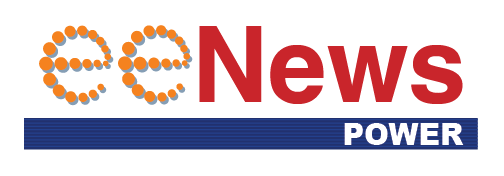
Indoor boost for inkjet printed organic solar cells
 Cette publication existe aussi en Français
Cette publication existe aussi en Français
Dracula Technologies in France has boosted the efficiency of its latest organic photovoltaic (OPV) cells by 25% for powering indoor devices.
The latest inkjet printed LAYER OPV modules generate 750µW under 1000 lux, up from 570µW, or can use 25 % less surface area to get the same power, voltage, and current as the previous generation. This development is the first of what is expected to be a series of improvements in the use of more eco-friendly materials says the company.
Using less area can reduce cost and size and reduce the environmental impact by minimizing the need for expensive maintenance operations. This reduces labour costs and environmental footprints.
- €2.3m to scale up indoor solar cell production in Europe
- Energy harvester Dracula uses ambient light
“Our new generation of products with about 25 % performance improvement is a significant milestone for Dracula Technologies,” said Sadok Ben Dkhil, CTO of Dracula Technologies. “By providing our customers with a clean source of power, we allow them to deliver products that have minimal environmental impact. The release of this new generation module aligns with our plans to scale up production and will be seamlessly integrated into our new industrial line, which will be operational in September 2023.”
Dracula sees the new European regulation guidelines to phase out non-rechargeable batteries in IoT devices as key.
Using inkjet printing technology allows the company to tailor the modules to specific customer requirements, cutting costs and reducing the environmental impact of the final product.
The LAYER OPV cells are compatible with a wide range of communications protocols. Applications range from Smart Building, Smart Home, and Connected Supermarkets to Industry 4.0 and Autonomous Vehicles.
 If you enjoyed this article, you will like the following ones: don't miss them by subscribing to :
eeNews on Google News
If you enjoyed this article, you will like the following ones: don't miss them by subscribing to :
eeNews on Google News







